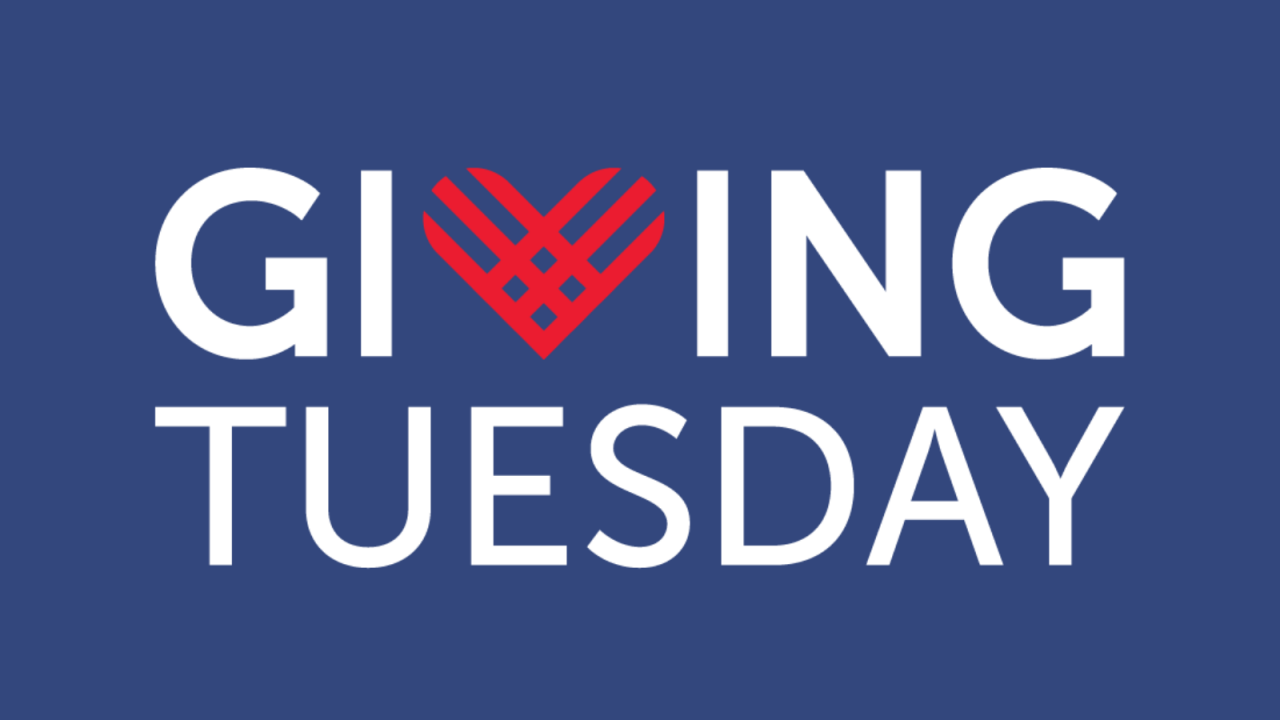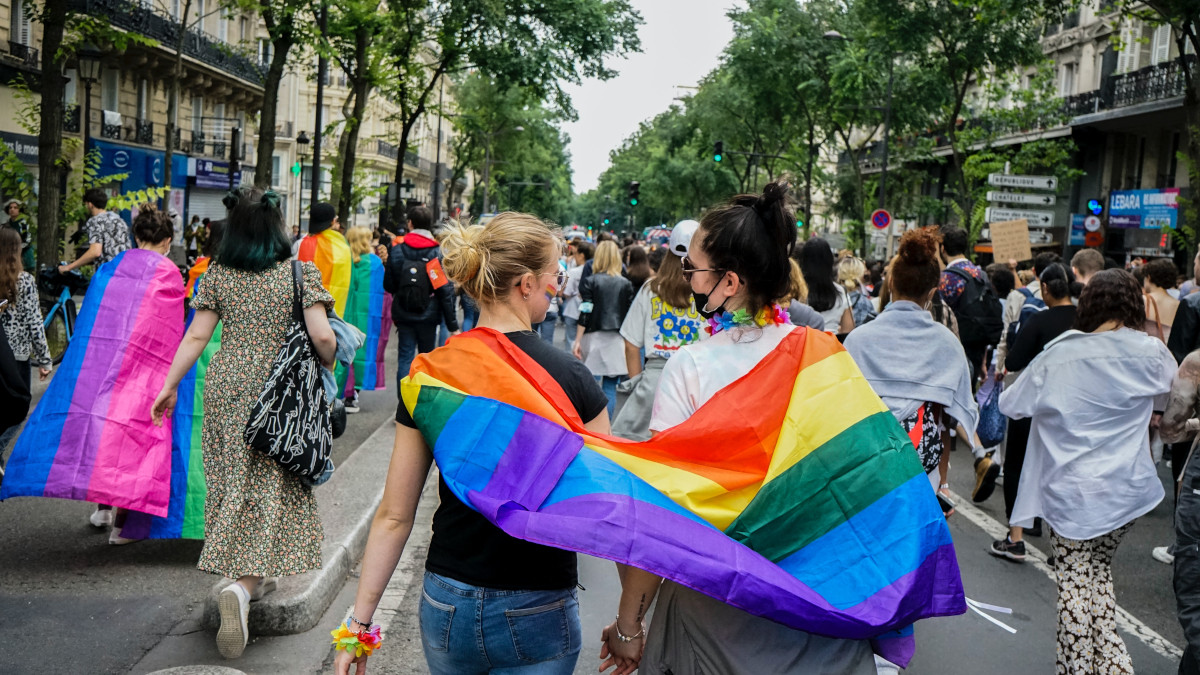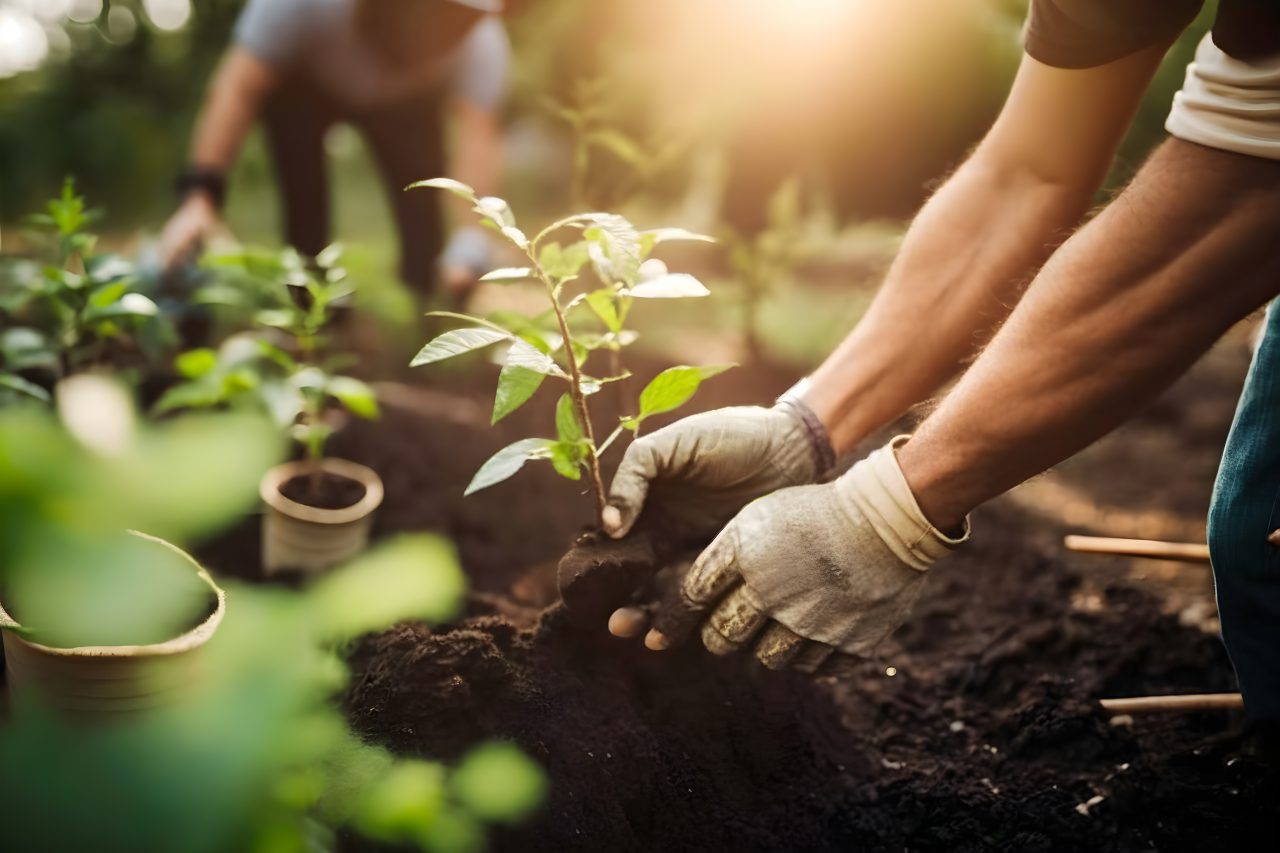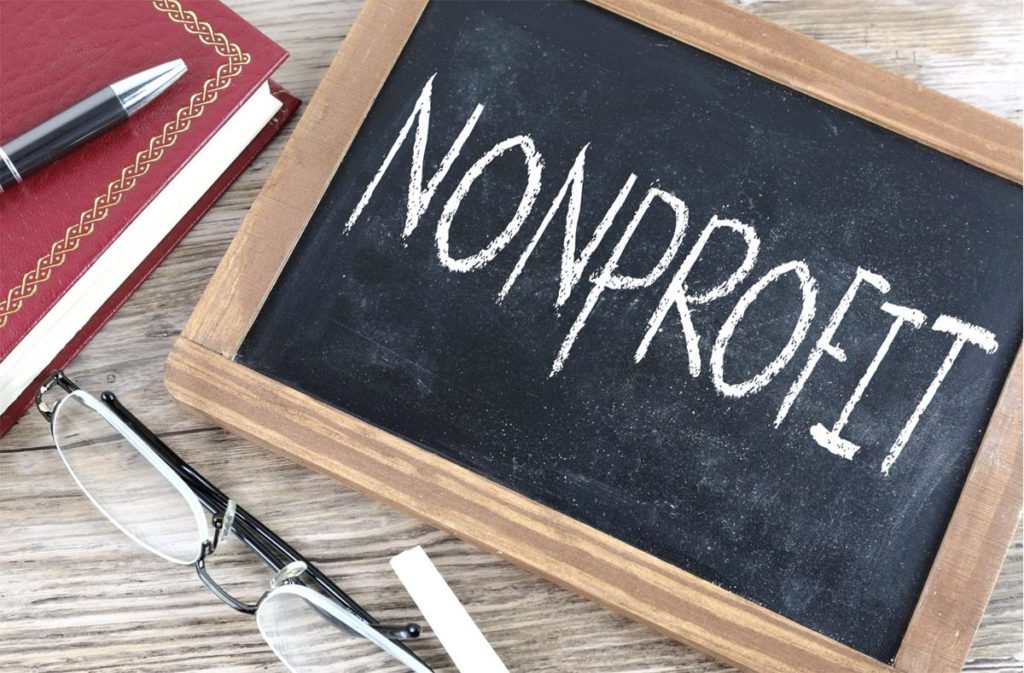Voter Action or Civil Unrest: Understanding the Difference
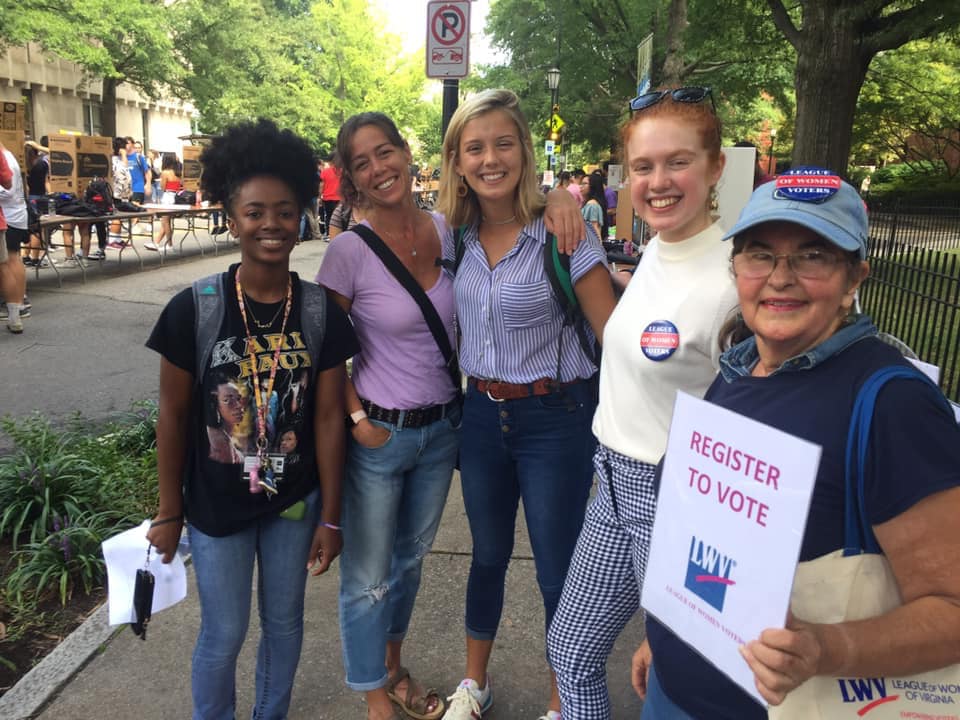
In America, we pride ourselves on democracy, voter rights, and the peaceful transfer of power. But the events surrounding the 2020 presidential election have us once again focusing on the democratic process. How can voters become engaged in the civil process without participating in civil unrest? And what is the difference between voter action and civil unrest?
Civil Unrest and America’s Democratic History
For some, the civil unrest surrounding the elections process feels wildly undemocratic and un-American. However, American history is filled with similar scenarios dating back to the Revolution.
In 1804, for instance, Thomas Jefferson’s Vice President, Aaron Burr, shot and killed his political rival, Alexander Hamilton. And during the years leading up to the Civil War, both religious and ethnic differences created a fever pitch of political disagreement. In fact, the Civil War itself began when Southern states refused to accept Lincoln’s election win in 1860.
Throughout America’s history, we’ve seen periods of civil unrest and violent political protest. The events at the U.S. Capitol Building on January 6, 2021, were only a continuation of what has often been a democracy wrought with trouble.
Moving forward, how can organizations, governments, elected officials, and voters calm this storm?
Encouraging Democracy and Discouraging Violence
In a briefing for the Brookings Institution of Washington, D.C., Foreign Policy Senior Fellow Ted Piccone examines the link between democracy, civil unrest, and civil war. Though Piccone focuses on areas outside the United States, his words seem eerily fitting in our current political climate:
“Countries with strong records of respect for democracy and human rights are far less likely to experience civil wars than hybrid regimes. Although intra-state conflicts have become an increasing share of all armed conflict, these wars are more likely to take place in countries with weak or failed governing institutions.
Countries with inclusive political processes, on the other hand, offer potential rebels opportunities to resolve their grievances within the political system and raise the costs of rebellion, thereby removing a key incentive for pursuing armed conflict. Nonviolent political action campaigns also tend to improve prospects for democratization if armed conflict does occur.”
– Prepared for the 2017 Community of Democracies’ Democracy and Security Dialogue

Countries that embrace a democratic voting process, where all citizens believe their voices have been heard, are more likely to maintain peace and avoid civil unrest.
In addition, Piccone states, an “inclusive political process” is a vital piece of a functioning democracy. That means allowing dissent, where voters can express their displeasure in a nonviolent way.
In America, we rely heavily on nonviolent political protests to address our elected officials and other leaders. Dissent and protest are allowed and encouraged. It’s part of what makes us Americans. We have the right to gather together, discuss our differences, and demand change.
Then, during elections, American citizens make their voices heard at the ballot boxes, voting out the leaders they disagree with and voting in leaders that align with their views and values.
However, as is evident over the past three election cycles, these protests are becoming increasingly tense.
Nonprofit Organizations Protecting Voter Rights
If the answer to calming civil unrest is a thriving democratic process – one that recognizes voters’ voices and accepts the results – there is much work to do.
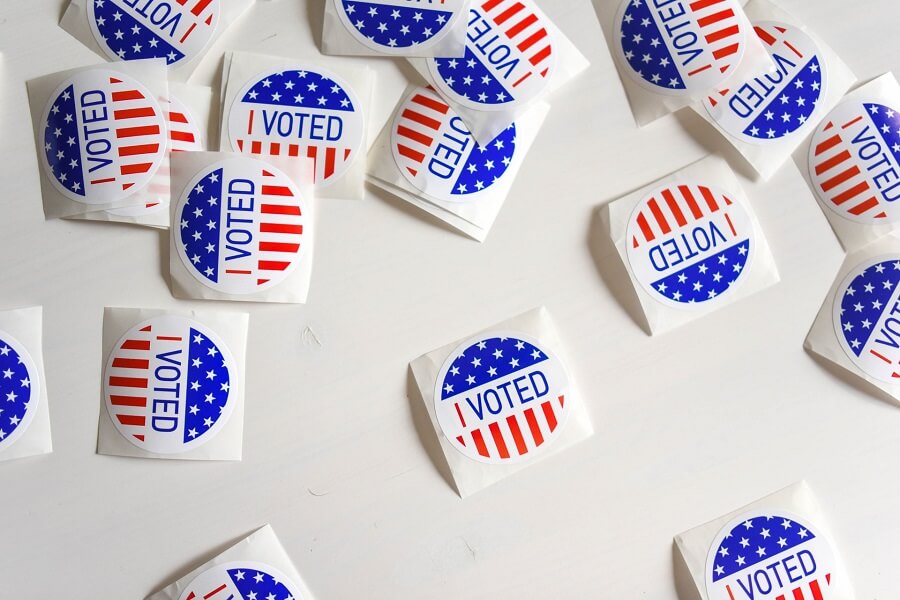
Thankfully, non-partisan nonprofit organizations are doing the work to secure a peaceful democracy. These organizations encourage voter registration, educate citizens about the issues impacting their lives, and ensure a free and fair elections process throughout the country.
There are also countless nonprofit organizations dedicated to maintaining a free press. These organizations hold publishers and media outlets accountable, demanding accurate information and reliable resources for citizens. The media is crucial to a stable democratic process. You can learn more about organizations working to protect democracy here.
















